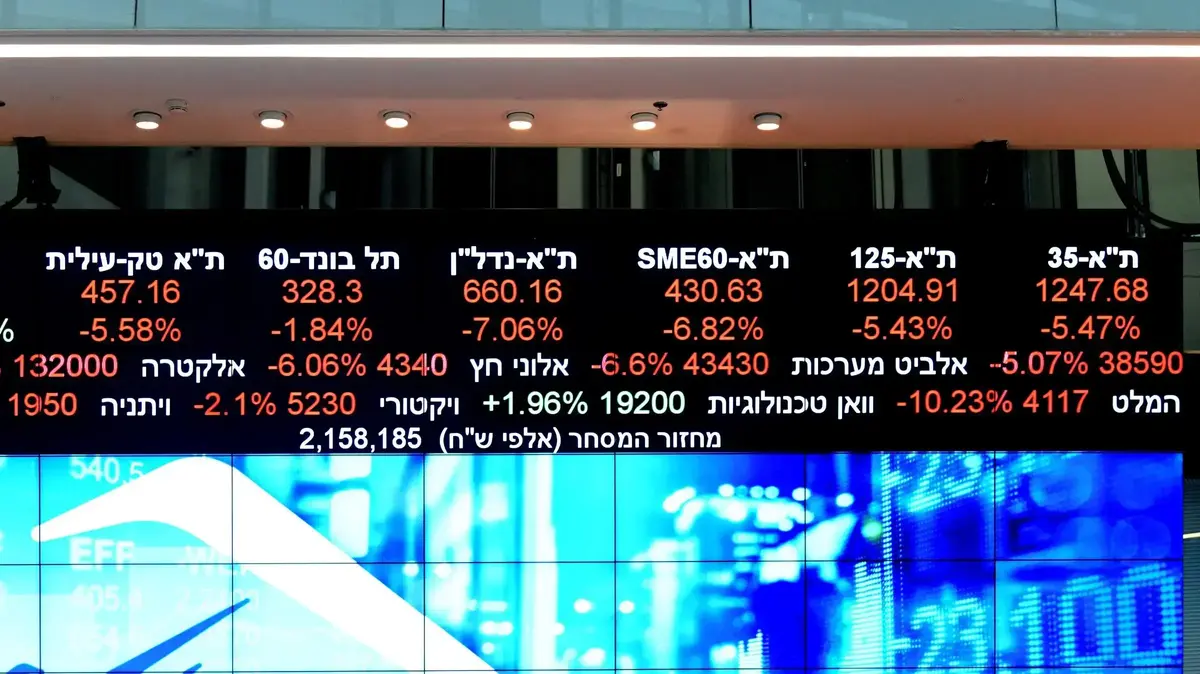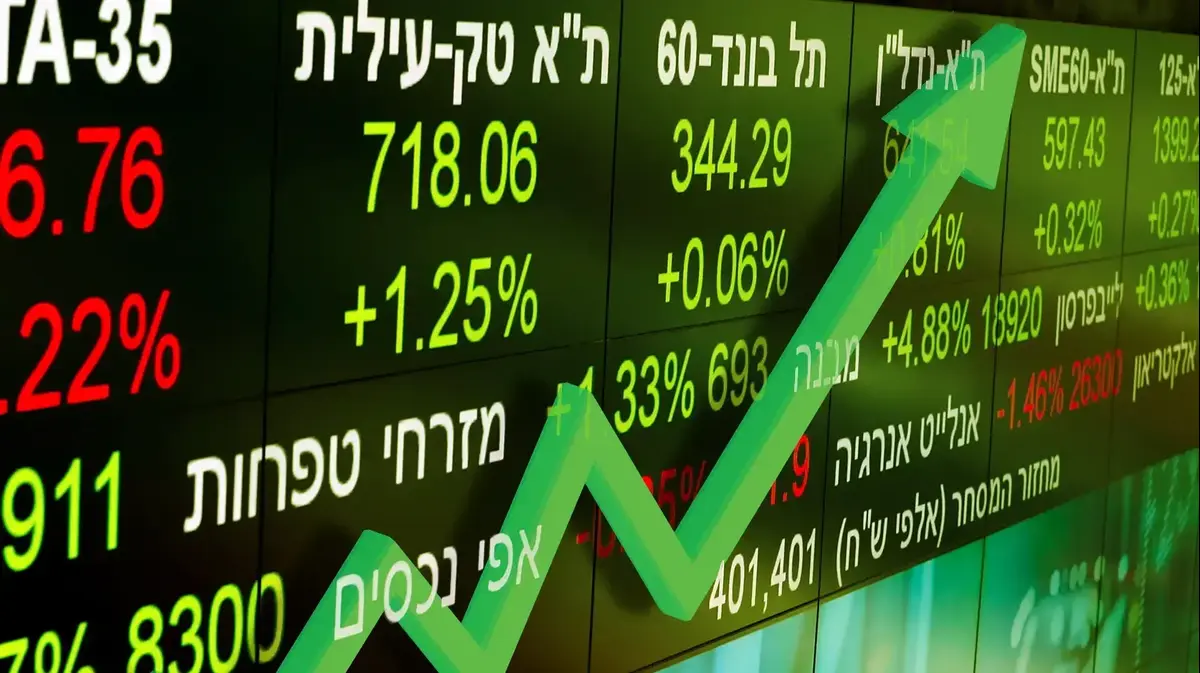- Business
- The capital market in Israel
Not a passive investment at all: what are the indices on the stock market hiding?
Indices are a favorite investment because they are scattered and long-term, but last Thursday's index update betrays the catch, for better or worse, that there is in this way of thinking. Dr. Davey Dystnik explains
Tags- The Tel Aviv Stock Exchange
Dr. Davey Dishtnik
Sunday, 09 August 2020, 01:31On Thursday, the stock exchange indices in the country were updated. This update floods a point that in my humble opinion deserves to be considered. Contrary to popular belief, investing in the capital market through indices is not entirely passive.
We will first mention what is an investment through indices in general. For this purpose, we will take the Tel Aviv 35 Index as an example. This index includes the 35 companies with the highest market value among those traded on the Israel Stock Exchange. The weight of each share in the index is determined by its value in relation to the value of the other shares in the index (under the constraint that the weight of a single share in the index cannot be higher than 7%). Thus, someone who invests through the purchase of units of the TA 35 index actually invests at once in the 35 stocks that make it up, thus achieving diversification very easily.
At least ostensibly, such an investment in the index also allows for passivity, as one can simply buy the units of the index and hold them for the long term without selling them. Diversity and passivity are considered desirable traits in investments because academic research shows that those who try to invest in a limited number of specific stocks and those who try to time the markets and buy and sell frequently on average fail. That is, investing through indices is considered desirable.
Good to know (Promoted content)
Precedent step: The company that gives its insureds a financial grant
By WE SURE INSURANCE COMPANYTo the full article
Instead of putting all your eggs in one basket invest in an index - but is it really such a solid investment? (Photo: Reuven Castro)However, it is important to clarify that investing in indices is not entirely passive. This is because the components of the index are updated. In order to reflect the changes in the value of the shares that occur all the time, it was determined on the Israel Stock Exchange that the weights of the companies included in the index are updated every month. Practically speaking, these updates have a relatively small effect. On the other hand, twice a year there is also an update of the composition of the indices. That is, stocks enter the indices and at the same time other stocks exit them. These updates could have a material impact if there is a change in a relatively large number of stocks, just as happened on Thursday.
In the update of the composition of the indices, the indices are joined by shares whose value has increased proportionally and shares whose value has decreased proportionally are deducted. For example, on Thursday, the Tel Aviv 35 Index was joined by stocks whose market capitalization has risen in the past six months, placing them on the list of the 35 stocks with the highest market capitalization. They entered at the expense of stocks that were in the index and left it in the current update, as their market value has decreased in the last six months, so they are no longer included in the list of the 35 companies with the highest market value.
That is, by definition, someone who invests through indices in virtually every vehicle update as if buying relatively expensive stocks (those entering the index), and selling relatively cheap stocks (those exiting the index). If the stocks that have continued to rise and those that have continued to fall, then the index update will be better with the investors in the indices. On the other hand, if the picture is reversed, their situation will worsen as a result of the update. That is, investing in indices is actually not entirely passive and has an element of market timing. However, it should immediately be said in her defense that academic research shows that individuals who invest in specific stocks are significantly less passive over time.
On Thursday, the leading indices in Israel - the Tel Aviv 35 index mentioned above and the Tel Aviv 125 index, which includes the 125 stocks with the highest market value among those traded on the stock exchange in Israel - joined technology and green energy stocks that rose significantly since the beginning of the year. On the other hand, real estate and energy stocks have declined significantly due to the corona crisis. If the trend continues and technology and energy stocks continue to rise while real estate and energy stocks continue to fall, index investors will benefit. If the trend is reversed, the update will hurt these investors. time will tell.
Dr. Davey Distnik is a senior faculty member in the Faculty of Management named after Koller at Tel Aviv University and the owner of an investment fund. The author has a personal interest in the subject of the article. The aforesaid should not be considered an investment recommendation of any kind.


/cloudfront-eu-central-1.images.arcpublishing.com/prisa/FD53C3EWDNAQ5CGQJWN5RRUVGQ.jpg)





/cloudfront-eu-central-1.images.arcpublishing.com/prisa/EEJSWJ3MT5C2LL4U4EDDVAF3FY.jpg)






